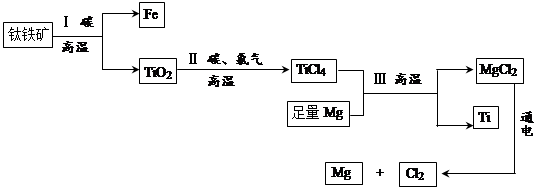Elections often tell you more about what people are against than what they are for. So it is with the European ones that took place last week in all 25 European Union member countries. These elections, widely trumpeted as the world’s biggest-ever multinational democratic vote, were fought for the most part as 25 separate national contests, which makes it tricky to pick out many common themes. But the pest are undoubtedly negative. Europe’s voters are angry and disillusioned-and they have demonstrated their anger and disillusion in three main ways.
The most obvious was by abstaining. The average overall turnout was just over 45%, by some margin the lowest ever recorded for elections to the European Parliament. And that average disguises some big variations: Italy, for example, notched up over 70%, but Sweden managed only 37%. Most depressing of all, at least to believers in the European project, was the extremely low vote in many of the new member countries from central Europe, which accounted for the whole of the fall in turnout since 1999. In the biggest, Poland, only just over a fifth of the electorate turned out to vote. Only a year ago, central Europeans voted in large numbers to join the EU, which they did on May 1st. That they abstained in such large numbers in the European elections points to early disillusion with the European Union-as well as to a widespread feeling, shared in the old member countries as well, that the European Parliament does not matter.
Disillusion with Europe was also a big factor in the second way in which voters protested, which was by supporting a ragbag of populist, nationalist and explicitly anti-EU parties. These ranged from the 16% who backed the UK Independence Party, whose declared policy is to withdraw from the EU and whose leaders see their mission as "wrecking" the European Parliament, to the 14% who voted for Sweden’s Junelist, and the 27% of Poles who backed one of two anti-EU parties, the League of Catholic Families and Selfdefence. These results have returned many more Eurosceptics and trouble-makers to the parliament: on some measures, over a quarter of the new MEPS will belong to the "awkward squad". That is not a bad thing, however, for it will make the ’parliament more representative of European public opinion.
But it is the third target of European voters’ ire that is perhaps the most immediately significant, the fact that, in many EU countries, old and new, they chose to vote heavily against their own governments. This anti-incumbent vote was p almost everywhere, but it was most pronounced in Britain, the Czech Republic, Germany, Poland and Sweden. The leaders of all the four biggest European Union countries, Tony Blair in Britain, Jacques Chirac in France, Gerhard Schroder in Germany and Silvio Berlusconi in Italy, were each given a bloody nose by their voters.
The big question now is how Europe’s leaders should respond to this. By a sublime (or terrible) coincidence, soon after the elections, and just as The Economist was going to press, they were gathering in Brussels for a crucial summit, at which they are due to agree a new constitutional treaty for the EU and to select a new president for the European Commissi6n. Going into the meeting, most EU heads of government seemed determined to press ahead with this agenda regardless of the European elections--even though the atmosphere after the results may make it harder for them to strike deals.
The relationship between the opening paragraph and the rest of text is that ()
A. a proposal is advanced in the first paragraph and then negated in the following paragraphs
B. an prophecy is revealed and then proved with concrete examples
C. a generalization is made in the first paragraph and then elaborated in the following paragraphs
D. a proposition is introduced in the first paragraph and then explained in details in the following paragraphs


